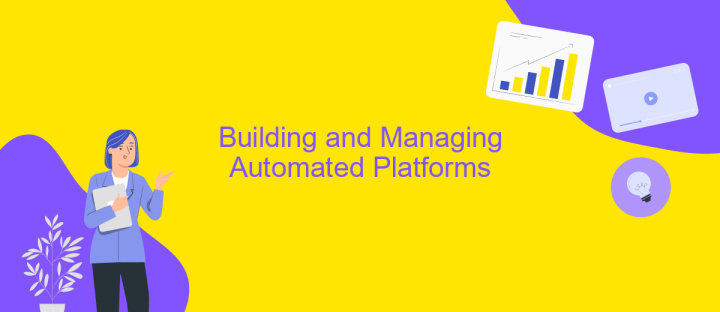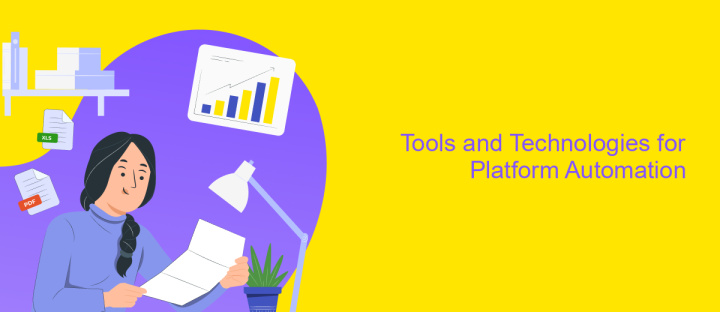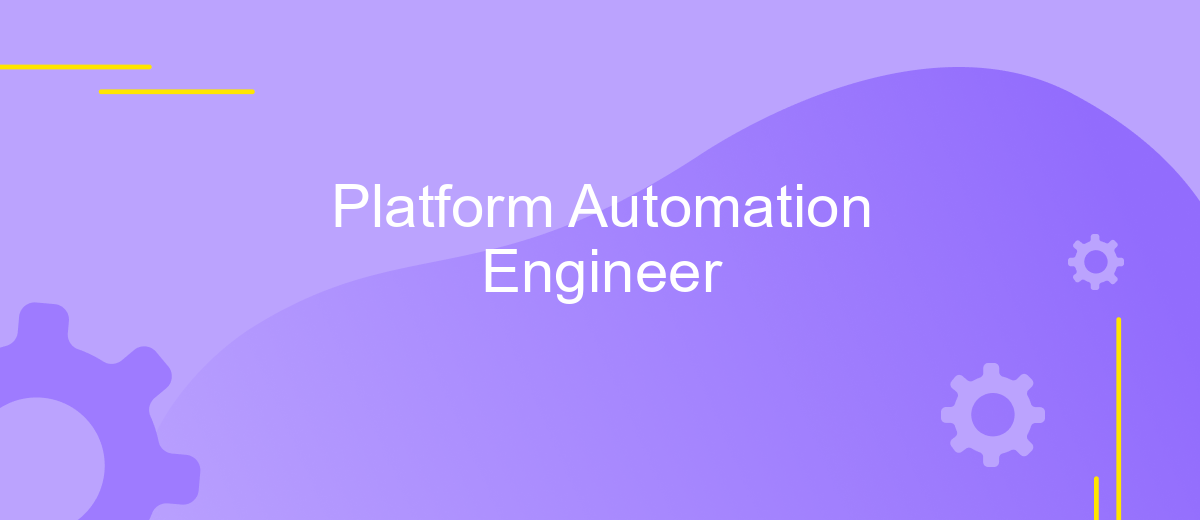Platform Automation Engineer
A Platform Automation Engineer plays a crucial role in modern IT infrastructure by streamlining and optimizing platform operations through automation. This position involves designing, implementing, and managing automated systems to enhance efficiency, reduce errors, and improve scalability. By leveraging cutting-edge tools and technologies, Platform Automation Engineers ensure seamless integration and continuous delivery, ultimately driving innovation and operational excellence within organizations. Their expertise is vital for maintaining competitive advantage in today’s fast-paced digital landscape.
Introduction to Platform Automation Engineering
Platform automation engineering is an emerging field that focuses on streamlining and optimizing the processes involved in managing complex IT infrastructures. It combines elements of software development, systems administration, and DevOps to create automated solutions that enhance efficiency and reduce manual intervention. This discipline is essential for organizations looking to scale operations, improve reliability, and accelerate deployment cycles.
- Automating repetitive tasks to save time and reduce errors.
- Enhancing system reliability through consistent and repeatable processes.
- Facilitating faster deployment of applications and updates.
- Improving collaboration between development and operations teams.
- Enabling better resource management and cost efficiency.
As businesses continue to adopt cloud technologies and microservices architectures, the role of platform automation engineers becomes increasingly vital. They are responsible for designing and implementing automation frameworks that support continuous integration and continuous deployment (CI/CD) pipelines. By leveraging tools such as Ansible, Terraform, and Kubernetes, these professionals ensure that IT environments remain agile and responsive to changing business needs. The demand for skilled platform automation engineers is on the rise, making it a promising career path for those interested in cutting-edge technology and innovation.
Key Responsibilities and Skills

A Platform Automation Engineer is responsible for designing and implementing automated solutions to enhance the efficiency and reliability of software platforms. They collaborate with cross-functional teams to identify automation opportunities, streamline deployment processes, and ensure seamless integration of various tools and technologies. A crucial part of their role involves developing scripts and utilizing APIs to automate repetitive tasks, thereby reducing manual effort and minimizing errors. They are adept at troubleshooting and resolving issues that arise during the automation process, ensuring that systems run smoothly and efficiently.
Key skills for a Platform Automation Engineer include proficiency in scripting languages such as Python or Bash, as well as a deep understanding of CI/CD pipelines and cloud platforms like AWS or Azure. Familiarity with integration services like ApiX-Drive can be advantageous, as it allows for the seamless connection of various applications and systems, enhancing workflow automation. Strong analytical skills and attention to detail are essential, enabling engineers to optimize processes and improve system performance continually.
Building and Managing Automated Platforms

In the ever-evolving landscape of technology, the role of a Platform Automation Engineer is pivotal in ensuring seamless operations. Building and managing automated platforms involves a strategic approach to streamline processes and enhance efficiency. This requires a deep understanding of both the technical and operational aspects of the platforms to ensure they can support the dynamic needs of modern businesses.
- Identify the key processes that can benefit from automation within the platform.
- Design a scalable architecture that can adapt to future technological advancements.
- Implement robust security measures to protect data and ensure compliance with industry standards.
- Continuously monitor platform performance and make necessary adjustments to optimize operations.
- Facilitate regular updates and maintenance to keep the platform running smoothly and efficiently.
Effective management of automated platforms demands a proactive mindset, focusing on both immediate and long-term goals. By leveraging advanced tools and methodologies, Platform Automation Engineers can create resilient systems that not only meet current demands but are also prepared for future challenges. This strategic approach not only boosts productivity but also empowers organizations to innovate and grow sustainably.
Tools and Technologies for Platform Automation

In the realm of platform automation, selecting the right tools and technologies is crucial for streamlining operations and enhancing efficiency. Automation engineers must be adept at integrating various systems to create a seamless workflow. This integration not only reduces manual intervention but also minimizes errors and increases productivity.
Modern platform automation relies on a diverse range of tools, each serving a specific purpose in the automation lifecycle. From configuration management to continuous integration and deployment, these tools are pivotal in achieving consistency and scalability across platforms.
- Terraform: A powerful tool for infrastructure as code, enabling the management of cloud resources efficiently.
- Ansible: A configuration management tool that automates software provisioning and application deployment.
- Jenkins: An open-source automation server that facilitates continuous integration and delivery.
- Docker: A platform for developing, shipping, and running applications in containers.
As technology evolves, platform automation engineers must stay updated with the latest advancements. Embracing new tools and technologies not only enhances their skill set but also ensures the delivery of robust and scalable solutions. Continuous learning and adaptation are key to thriving in this dynamic field.


Career Path and Future Trends
The career path for a Platform Automation Engineer is dynamic and filled with opportunities for growth. Starting typically as a junior engineer, individuals can progress to senior roles by gaining expertise in automation tools, cloud platforms, and scripting languages. As automation becomes increasingly integral to business operations, these engineers can advance to positions such as DevOps Engineer or Cloud Architect. Continuous learning is crucial, as the field evolves rapidly with emerging technologies and methodologies. Certifications in platforms like AWS or Azure can further enhance career prospects, providing a competitive edge in the job market.
Future trends in platform automation are shaped by the rise of artificial intelligence and machine learning, which are expected to drive more sophisticated automation solutions. As businesses seek seamless integration of their systems, services like ApiX-Drive play a pivotal role in facilitating these connections, allowing engineers to focus on optimizing processes rather than manual integrations. The demand for automation engineers is anticipated to grow, with a focus on enhancing efficiency and reducing operational costs. Staying abreast of technological advancements and acquiring skills in AI-driven automation will be key to thriving in this evolving landscape.
FAQ
What does a Platform Automation Engineer do?
What skills are essential for a Platform Automation Engineer?
How does platform automation benefit an organization?
What challenges might a Platform Automation Engineer face?
How can one implement automation and integrations effectively?
Apix-Drive is a simple and efficient system connector that will help you automate routine tasks and optimize business processes. You can save time and money, direct these resources to more important purposes. Test ApiX-Drive and make sure that this tool will relieve your employees and after 5 minutes of settings your business will start working faster.

